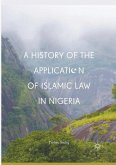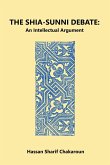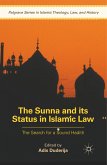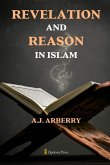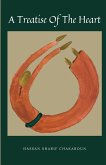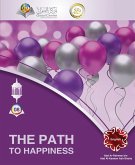Divine Covenant explores the Qur¿¿nic concept of divine knowledge through scientific, theoretical paradigms - in particular natural law theory - and their relationship with seven Islamic scholarly disciplines: linguistics, hadith, politics, history, exegesis, jurisprudence, theology. By comparing scholarship within these disciplines using current state-of-the-art methodology, the study shows how the Qur¿¿nic concept of Divine covenant reflects natural law theory, relates to a range of other legal, political, and linguistic Qur¿¿nic concepts, informs the canon's entire literary structure, and has implications for a new, legal theory of 'Islamic origins'. This book makes the case that the Islamic disciplines share political economy, institutional framework, and decisive theoretical topics with the Qur¿¿n. The latter includes the natural law-related issues of human rights, constitutional separation of powers, and social contract. The book surveys the scholarly deliberations of these topics within the parameters of each discipline and in changing contexts. In addition, it maps the consequences of the modern nation-state institutional order for early modern and contemporary Qur¿¿nic studies. The early and medieval Islamic disciplines offer scientifically valuable knowledge because they refer to the same institutional framework as the Qur¿¿n. These disciplines are also important parts of European political history, where they have inspired social contract theory inclusive of diverse religious identities.
Hinweis: Dieser Artikel kann nur an eine deutsche Lieferadresse ausgeliefert werden.
Hinweis: Dieser Artikel kann nur an eine deutsche Lieferadresse ausgeliefert werden.



